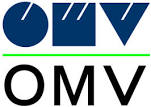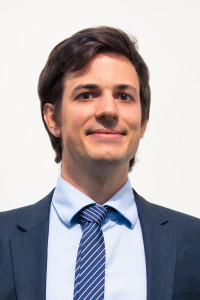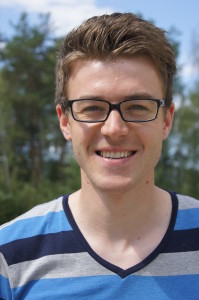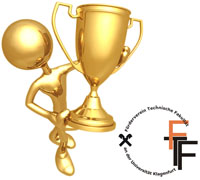sponsored by IEEE and AAU Klagenfurt
Alpen-Adria-Universität Klagenfurt
23.-25. April 2014
http://conferences.computer.org/cseet/2014/
Wir laden Sie herzlich zur Teilnahme an der CSEE&T 2014 in Klagenfurt ein. Die CSEE&T 2014 ist die wohl weltweit bekannteste IEEE-Plattform für den internationalen Erfahrungsaustausch von Forschenden und Lehrenden im Bereich Software Engineering Education/Training und findet 2014 erst zum dritten Mal in Europa statt.
Das Thema der Konferenz steht diesmal unter dem Motto: Collaboration and other Skills for Sustainable Software Engineering and Training.
Einige Highlights: Keynote von Betrand Meyer, Tutorial mit Barry Boehm und vieles mehr.
Parallel zur CSEE&T 2014 findet am 23.4.2014 auch die ASEE&T, eine Veranstaltung speziell für ’neue‘ Lehrende im Bereich des Software Engineering, statt.
Alle weiteren Informationen zur Veranstaltung und zur Anmeldung finden Sie auf der Website:
CSEE&T 2014
Mit freundlichen Grüßen
Roland T. Mittermeir, Andreas Bollin, Elke Hochmüller
Conference Co-Chairs, Klagenfurt, Austria
cseet14-org@aau.at
Die Konferenz wird unterstützt von: IEEE Austria Section, Fachhochschule Kärnten, Förderverein Technische Fakultät der Universität Klagenfurt, Kärnten Convention, Industriellenvereinigung Kärnten, Land Kärnten, Kärntner Universitätsbund, Mazda Austria, OCG.
 O.Univ.-Prof. Dr. Patrick Horster | Mi, 02.04.2014 | 17:00-18:30, HS 2
O.Univ.-Prof. Dr. Patrick Horster | Mi, 02.04.2014 | 17:00-18:30, HS 2




